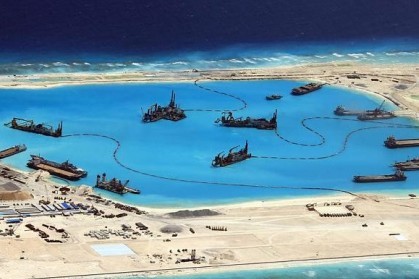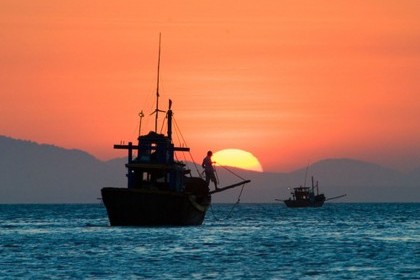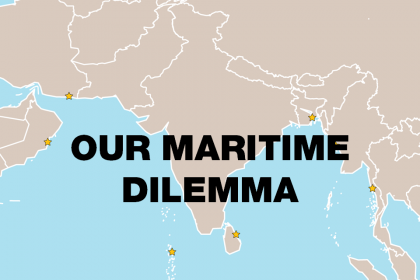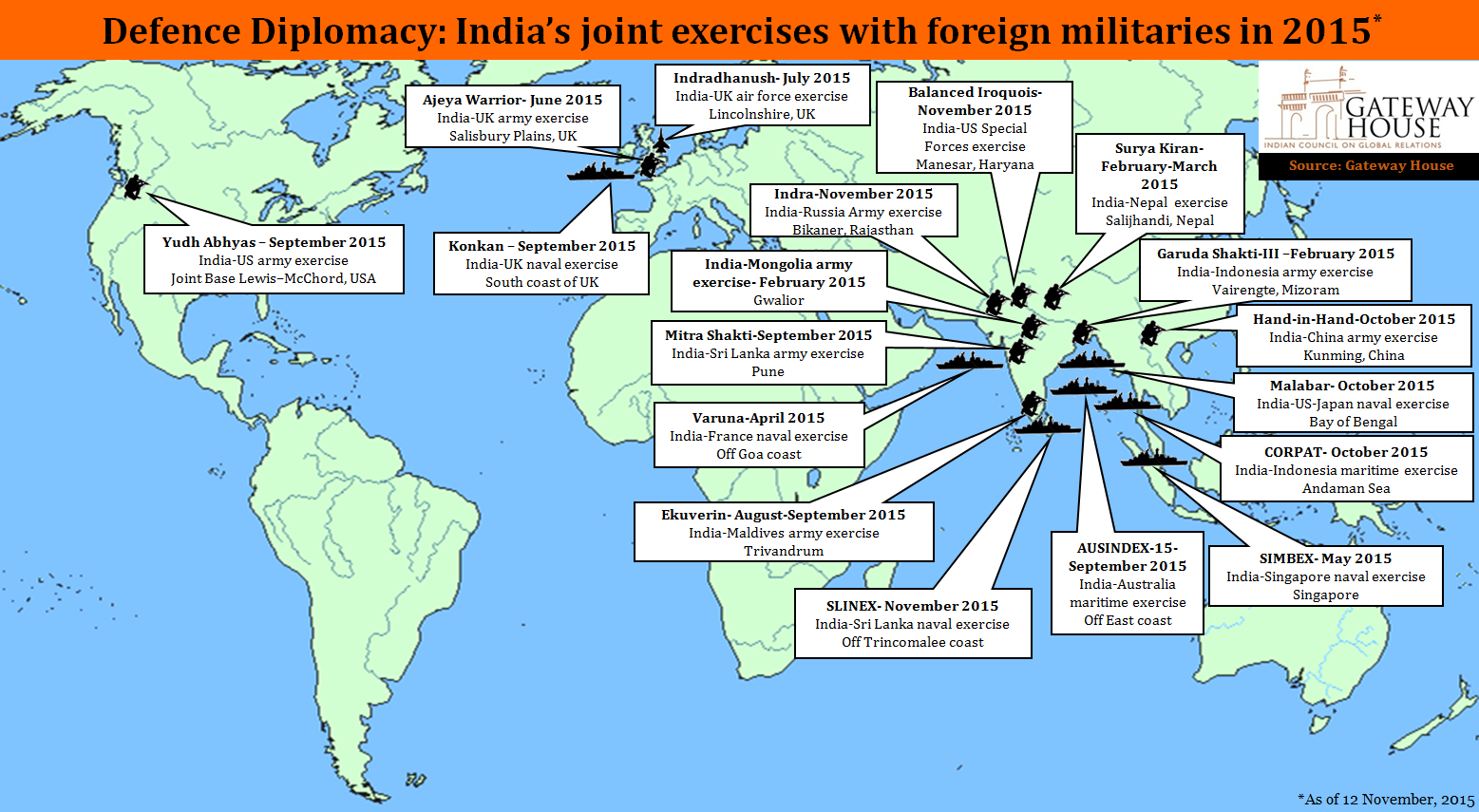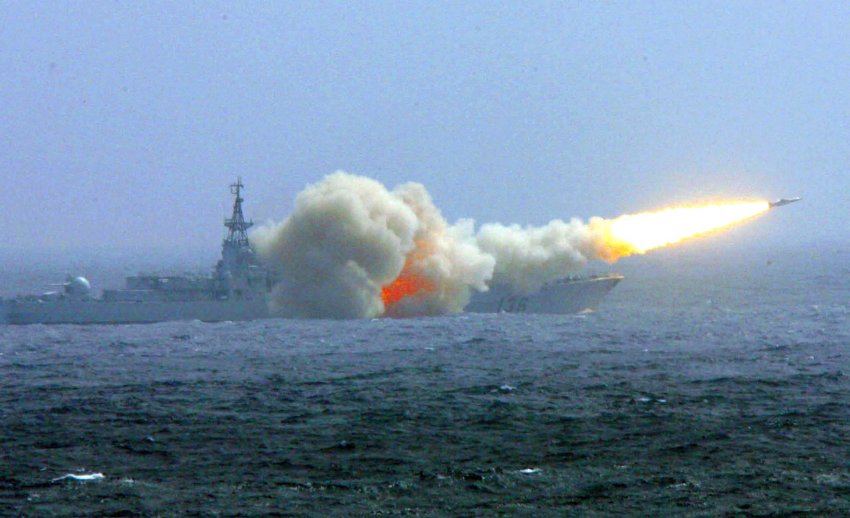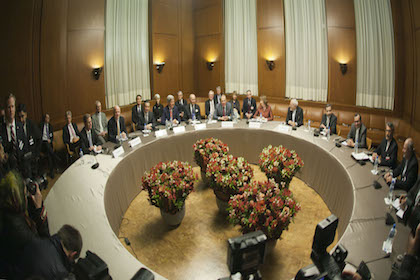The Case of the South China Sea
The implementation of the award by the Permanent Court of Arbitration in the Hague, on the interpretation of the UNCLOS in a case that pitted the Philippines against China in a dispute over the South China Sea is going to be a test for the primacy of international law. This speech was originally made at Christ University, Bengaluru on 27 September, as part of a 'National Seminar on the Formulation of Treaties'.

